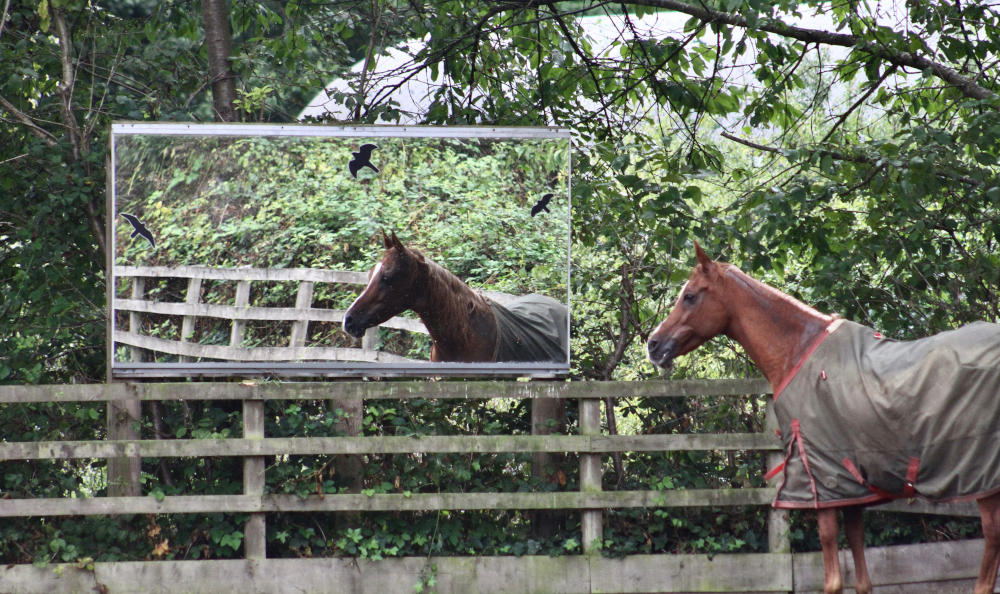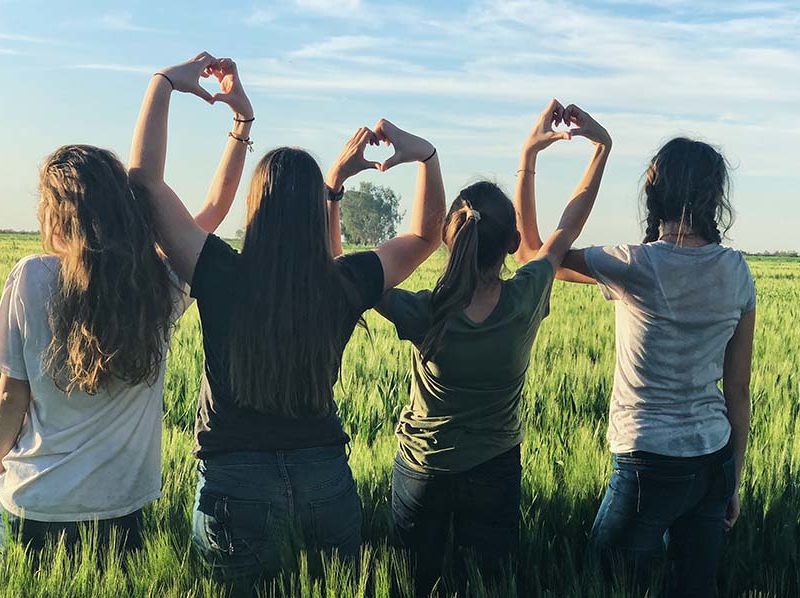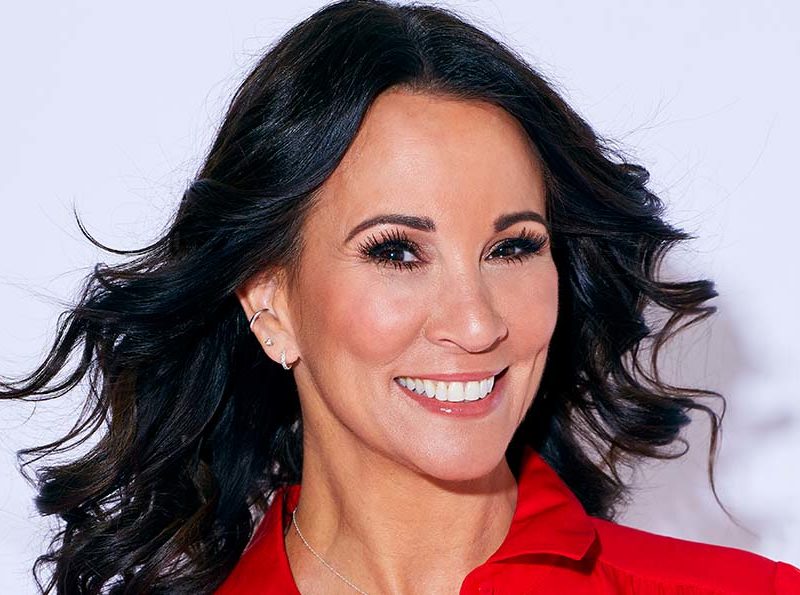
Horse therapy for mental health
Operation Centaur – horse therapy for mental health
Time & Leisure went to Holly Lodge Stables in Richmond Park to find out more
It’s widely accepted that animals can be good for our mental wellbeing, whether that’s stroking cats, walking our dogs or going out for a horse ride. But Operation Centaur, based in Richmond Park, takes this further, using ‘equine-assisted psychotherapy’ to help people with a range of mental health problems, including self-harm, eating disorders and anxiety. But you don’t actually ride the horses – instead, it is all about exploring your interaction with the animals, your perceptions and your responses – usually within a group setting. The aim is to help you better understand yourself. And unlike traditional therapy, you are outside the usual clinical environment, making it easier to talk. Indeed, you don’t even need to rely on spoken communication as the horses are like mirrors, reflecting our body language and thoughts.
Professor of psychology, psychotherapist and horse-lover Andreas Liefooghe founded Operation Centaur in 2005 with the aim of providing evidence for the practice of using horses for therapeutic purposes. He explains: “Horses speed up a patient’s exploration and understanding because they are extremely sensitive communicators without the need of language – horses enable us to get there faster.”
On our visit, we were given a simple demonstration of how it can work. Each person in our group had to walk up individually to ‘introduce’ ourselves to the horse. It was fascinating to see who went first, their reaction to the horse and the horse’s reaction to them. You can read a lot into that brief exchange – and it can reveal a great deal. For example, if the horse walks away from us, do we feel that is a typical reaction we get in life? Do we expect the worse – that the horse will react in a negative way to us? Are we anxious or confident about the horse? The animal is a mirror for our feelings. But at the end of the day, the horse is focussed on its own needs – it is not judging you – has it walked away because it needs something and not because of you? It can be a lightbulb moment.
Andreas also points out that equine therapy makes you more present – horses are always present and in the moment – it is necessary for survival. They are not thinking of the past or the future. We, on the other hand, can end up living in our heads and not noticing the world around us. By being more mindful and present, we can stand back from our thoughts and see them for what they are rather than letting them control us.
Other exercises a group might do is to build an obstacle course for the horse. Group dynamics come into play but also it helps how we approach problem-solving. Or it might simply involve mindfulness exercises, with participants asked to lie in the field on a sunny day while the horse walks around the group. As the sessions progress, people realise that behaviour is not something that is fixed, nor are we stuck with the same unhealthy thought patterns.
The horses have been carefully selected for their temperament. Even so, their size can be intimidating for many. Working alongside them, therefore, can also build confidence.
Even from such a small insight into what is possible, it was powerful to see.
- Operation Centaur works alongside the NHS and clinics such as The Priory to deliver its therapy, and has now designed a weekly day clinic programme running over eight weeks where people can self-refer.






